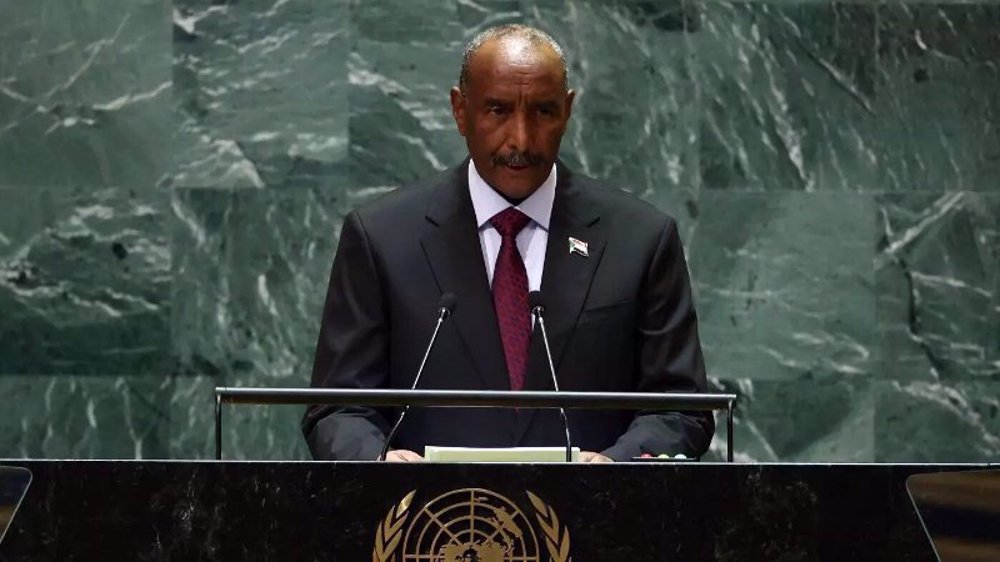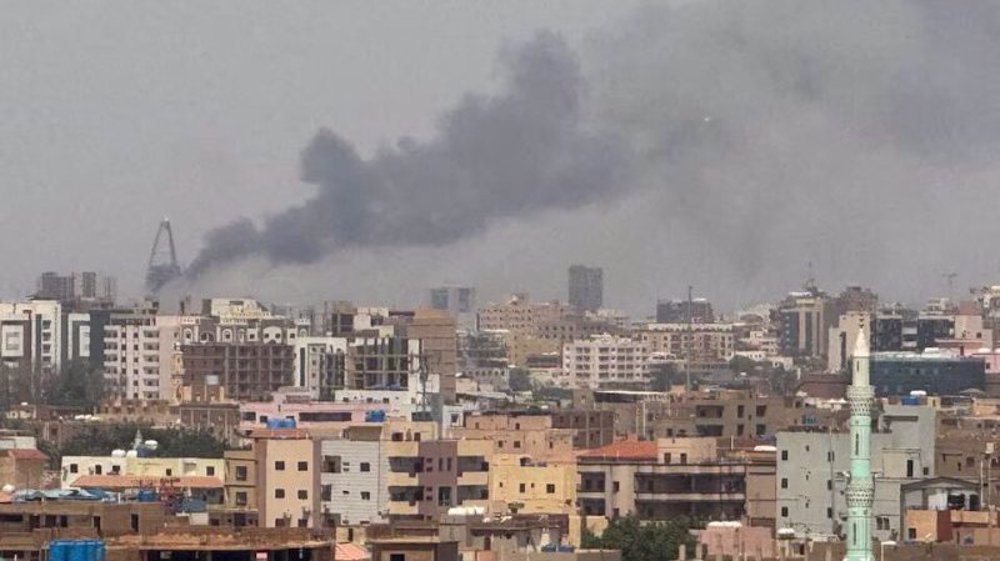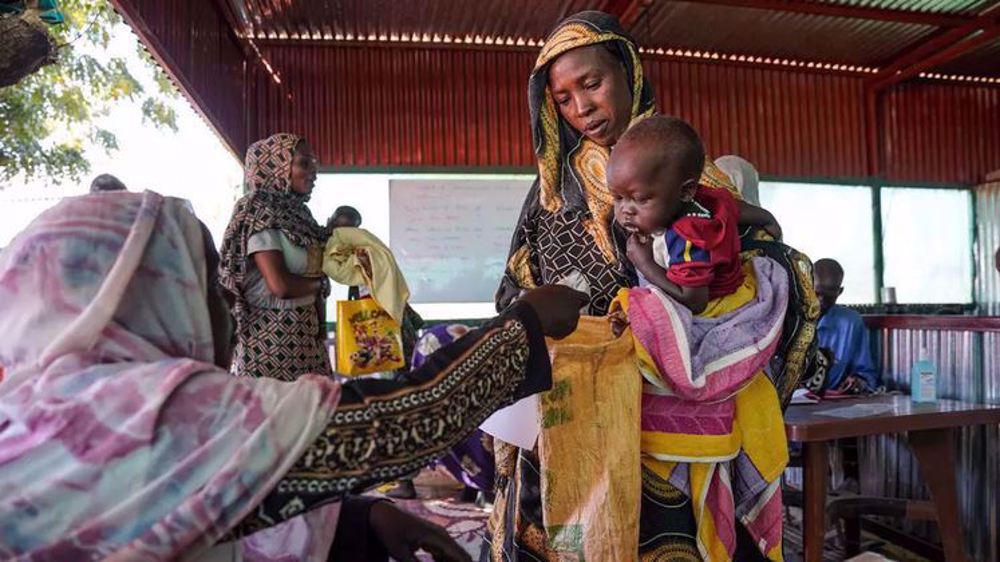Sudan’s military rulers, opposition coalition sign final agreement on civilian rule
Sudan’s military rulers and the main opposition coalition have formally signed a “constitutional declaration” for a promised transition to civilian-led government four months after the ouster of long-time leader Omar al-Bashir through a military coup.
After months of nationwide protest rallies over dire economic conditions and soaring prices of basic commodities, president Bashir was unseated on April 11 through a military coup, whose leaders then formed the so-called Transitional Military Council (TMC) with the task of running state affairs.
However, the TMC moved to consolidate power and themselves faced popular protests, which called for a civilian body to govern the country. On many occasions, the rallies were met with a heavy-handed crackdown.
After lengthy negotiations, the TMC and the Forces of Freedom and Change (FFC), a wide coalition of opposition groups, first reached a landmark power-sharing deal on July 17 and then inked a preliminary agreement on a constitutional declaration on August 4.
On Saturday, the final document was initialed by Ahmed Rabie, an FFC leader, and General Abdel Fattah al-Burhan, the chief of TMC. General Mohamed Hamdan Dagalo, the deputy leader of the TMC and the second most powerful man in the African country, was also among the signatories of the document.
The signing ceremony held in capital Khartoum was attended by regional and international dignitaries, including Ethiopian Prime Minister Abiy Ahmed and South Sudanese President Salva Kiir.
Although the two opposing sides signed the final power-sharing agreement, it was unclear how the signings would affect the situation on the ground. Violence has continued in the recent past despite talks and earlier agreements between the two sides and the military leaders will continue to exercise strong influence for now.
Dagalo himself is the leader of the feared paramilitary Rapid Support Forces (RSF), whose members are accused of being involved in a bloody crackdown on a protest camp outside army headquarters in Khartoum on June 3. At least 127 people were killed then, according to doctors close to the protest movement.
The two sides are also expected to announce on Sunday the composition of the new transitional civilian-majority ruling council, which will run the African country during a three-year transitional period leading up to elections.
On Tuesday, it is also expected that a new prime minister will be named, and on August 28, a cabinet will be appointed. The cabinet and the council, according to sources familiar with the negotiations, will meet on September 1, ahead of the appointment of a 300-member legislative assembly in three months.
The FFC will have 67 percent of the seats in the assembly, which will serve during the transitional period, and other political groups and factions not associated with Bashir will pick up the rest.
VIDEO | Former FBI agent criticizes US Congress for 'outright corruption'
IRGC chief urges Muslim countries to cut aid routes to Israel
'New chapter in cooperation': Iran, Venezuela sing new MoUs
Jordan sentences former lawmaker for supporting Palestinian resistance
Basij volunteer forces hold massive drills in southwestern Iran
Israeli war criminals 'not welcome', US city says after ICC ruling
US vetoing of Gaza ceasefire resolution ‘disgraceful’: Iran’s UN envoy
VIDEO | IAEA adopts anti-Iran resolution tabled by E3












 This makes it easy to access the Press TV website
This makes it easy to access the Press TV website